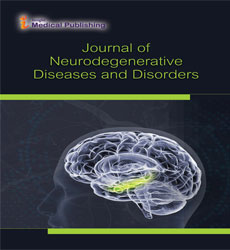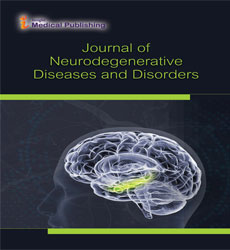Prenatal exposure to air pollution causes anxiety, spatial memory disorders with alters expression of hippocampal inflammatory cytokines and NMDA receptor subunits in adult male mice offspring
Abstract
Air pollution by Diesel exhaust (DE) consists of gaseous compounds and diesel exhaust particles (DEPs). Previous studies show associations between prenatal exposure to diesel exhaust affects the central nervous system (CNS). However, there was not reported that these effects were caused by gaseous compounds, diesel exhaust particles, or both. A limited number of studies in rodent models have shown that exposure to DEPs can result in CNS. Here, we explored the effects of prenatal exposure to DEPs on anxiety and learning and memory in NMRI mice male offspring. Three groups of pregnant mice were exposed to 350-400μg DEPs/m3 for 2, 4 and 6 hours daily in a closed system room. We examined anxiety and learning and memory in 8-to-9- week-old male offspring using the Elevated plus maze and Morris water maze (MWM) test. Hippocampi were isolated after the behavioral tests and measured pro-inflammatory cytokines and N-methyl-D-aspartate (NMDA) receptor expression by quantitative RT-PCR analysis. Mice exposed to DEPs in utero showed deficits in the Elevated plus maze and Morris water maze test. In addition, DEPs exposed mice exhibited decreased hippocampal NR2A and NR3B expression. Taken together, our data suggest that maternal DEP exposure is associated with anxiety, disrupts learning and memory and reduction hippocampal NR2A and NR3B expression in male offspring.

Open Access Journals
- Aquaculture & Veterinary Science
- Chemistry & Chemical Sciences
- Clinical Sciences
- Engineering
- General Science
- Genetics & Molecular Biology
- Health Care & Nursing
- Immunology & Microbiology
- Materials Science
- Mathematics & Physics
- Medical Sciences
- Neurology & Psychiatry
- Oncology & Cancer Science
- Pharmaceutical Sciences
